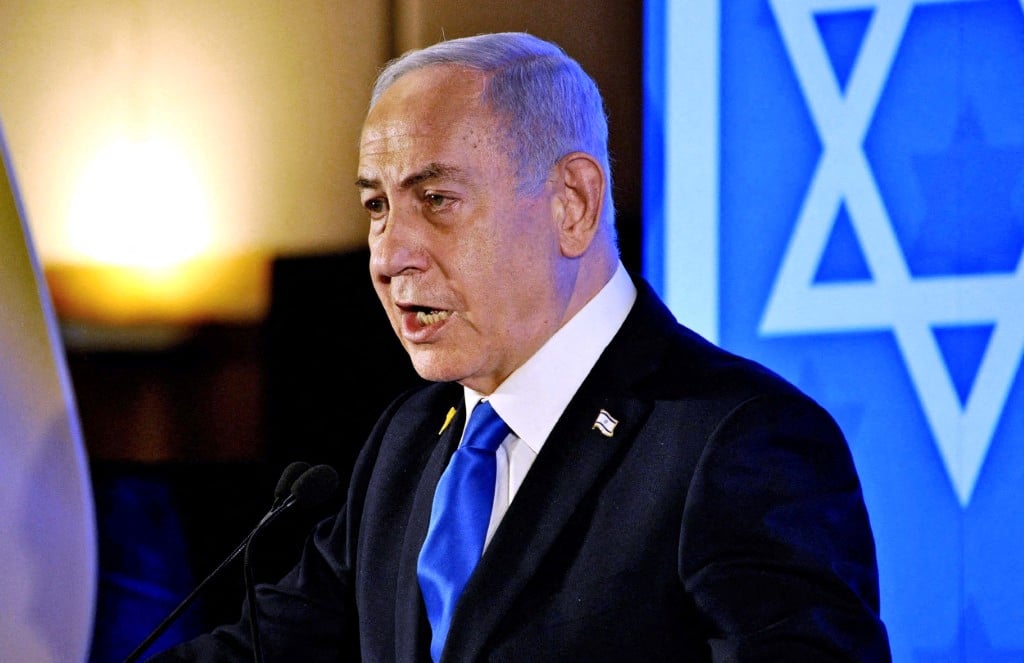Prime Minister Benjamin Netanyahu has confirmed that Israel is providing support to an armed group in Gaza that opposes Hamas, following contentious remarks from a former minister regarding the transfer of weapons to this group. Israeli and Palestinian media sources indicate that this group is connected to a local Bedouin tribe headed by Yasser Abu Shabab.
The European Council on Foreign Relations (ECFR) has characterized Abu Shabab as the leader of a “criminal gang operating in the Rafah area,” with accusations of involvement in the looting of aid trucks. Knesset member and former defense minister Avigdor Liberman made headlines by asserting on Kan public broadcaster that Netanyahu, through his administration, was supplying arms to a band of “criminals and felons.”
Responding to Liberman’s statements, Netanyahu defended the decision in a video shared on social media. He emphasized the necessity of promoting security by aligning with factions opposed to Hamas, stating, “What is bad about that? It is only good, it is saving lives of Israeli soldiers.”
Michael Milshtein, a Palestinian affairs expert at the Moshe Dayan Center in Tel Aviv, provided further context on the clan led by Abu Shabab. He elaborated that this group is part of a Bedouin tribe whose members span the border between Gaza and Egypt’s Sinai peninsula. Some of these individuals are known for engaging in criminal activities, including drug smuggling.
Milshtein revealed that Abu Shabab has faced accusations from within his clan, with clan chiefs branding him an Israeli “collaborator and a gangster.” He suggested that Israeli security agencies believed it was advantageous to transform this militia into a proxy by providing them with weapons and resources to shield them from military operations. Reports indicate that Hamas recently executed four members of this group.
The ECFR report mentioned that Abu Shabab had previously been imprisoned by Hamas for drug smuggling, and his brother was allegedly killed during a Hamas crackdown on attacks against UN aid convoys. Israel routinely accuses Hamas, with which it has been embroiled in conflict for nearly 20 months, of looting aid convoys in Gaza.
In a strong rebuttal, Hamas condemned the group, claiming that they had “chosen betrayal and theft as their path.” The organization urged civilians to stand against them, asserting that they possess evidence of a “clear coordination between these looting gangs, collaborators with the occupation, and the enemy army” which has resulted in fabricated humanitarian crises that further exacerbate the suffering of Palestinians.
The group led by Abu Shabab, referred to as the Popular Forces, took to Facebook to assert, “We have never been, and will never be, a tool of the occupation.” They claimed that their weaponry is rudimentary and derived from the support of their own community.
Milshtein expressed concerns about Israel’s strategy in arming a group like Abu Shabab, describing it as “a fantasy” that may not yield positive outcomes. He hoped that the situation would not culminate in catastrophe, highlighting the precarious nature of such alliances in the volatile region.







